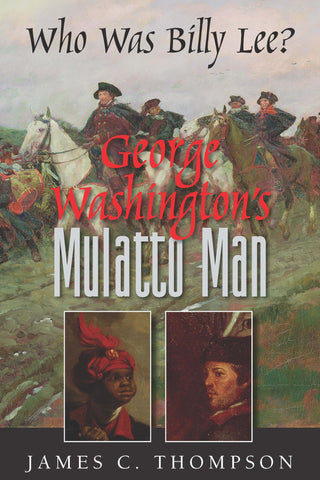The Dubious Achievement of the First Continental Congress, by James C. Thompson
$5.95
Author: James C. Thompson | Show Publication detailsHide Publication details
- ISBN: 978-0-9825922-2-9
- Library of Congress Control Number: 2010916198
- POD by Special Order
- ISBN: 978-0-9825922-3-6
- Re-issue Date: May 18, 2014
- Black and White
- 5" x 7.75"
- Pages: 184
- Images: 77
While waiting anxiously for the Royal Navy to seal the Port of Boston on 1 June 1774, Sam Adams revised his political strategy. He scrapped the Patriotic Movement he had led during the previous decade. In its place he established an Independence Movement. No longer would American colonials seek to adjudicate their grievances against their British governors. Henceforward they would strive to sever the bands that tied them to England.
This new political purpose required a new political logic. It was no longer practical to argue that Parliament was violating the constitutional rights of the king’s loyal American subjects. Sam and John Adams realized that the time had come to play their ace. The king was a tyrant, they now claimed, and he was violating the rights Nature’s author vested in all men to “life, liberty, and property.”
Author James Thompson explains that when John Adams unveiled this claim in the First Continental Congress he roused a hornet’s nest of opposition. Sharply divided, the Congress refused to endorse the Bill of Rights in which Adams invoked colonial rights “by Nature”. Thompson reconstructs the debate and provides the long-missing explanation for how Adams’s orphan Bill of Rights found its way into the Journal of the Congress, which it did after the Congress adjourned.









